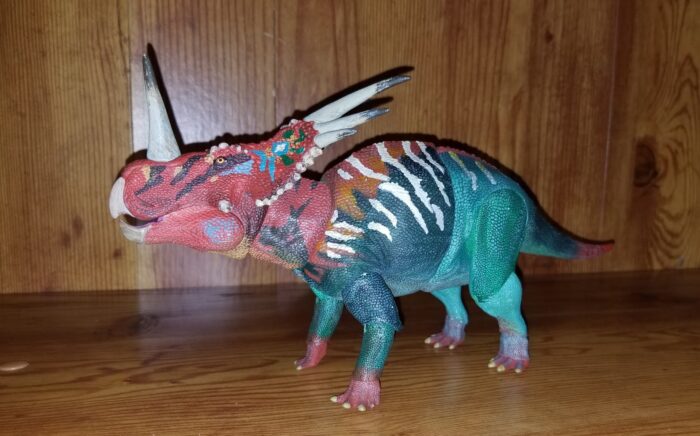
Review and photos by EmperorDinobot, edited by Suspsy
My fellow collectors, the future is now. The long-awaited first wave of ceratopsians from Beasts of the Mesozoic by Creative Beast Studios has arrived. There were some delays due to the unfortunate event that is the current pandemic, but our wait was worth it.
Read more
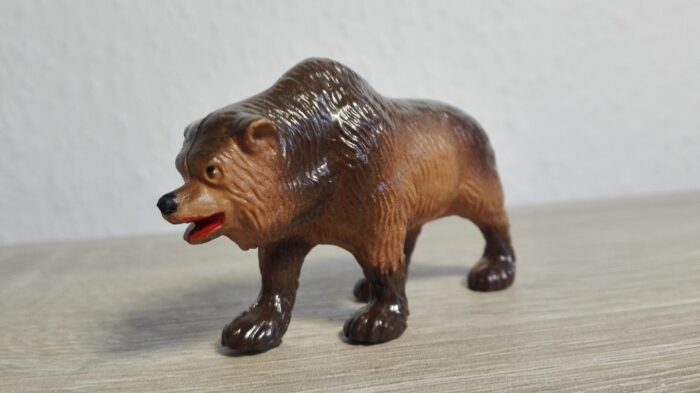
Review and photographs by Stolpergeist, edited by Suspsy
A lot of people feel a special connection to their local extinct Pleistocene megafauna, those mysterious beasts that once roamed where we stand along with the animals we see today. The majestic Irish elk among fallow deer, the American cheetah hunting pronghorns, the mighty giant wombat grazing alongside kangaroos, or the mega lemurs fending off fossa.
Read more
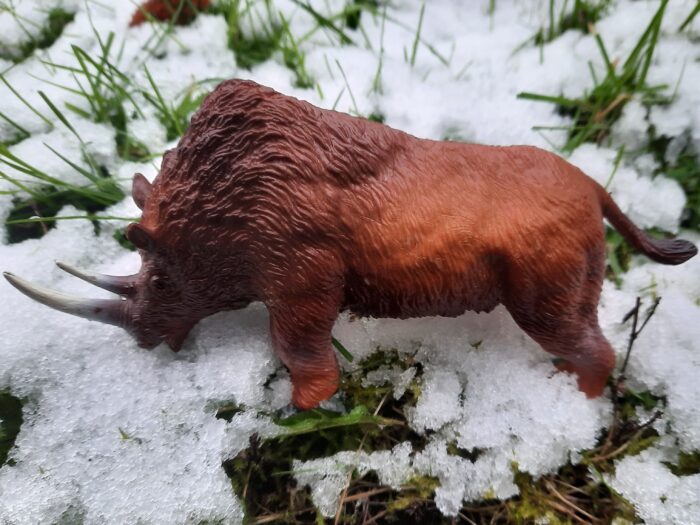
I sometimes can’t believe it’s been nearly five years since I first reviewed a figure, a woolly rhino by Papo. I felt recently that I should take a nostalgic look back at the beast that started it all, review a figure of the great animal that once roamed the grasslands of Europe and Asia some 10,000 years ago.
Read more
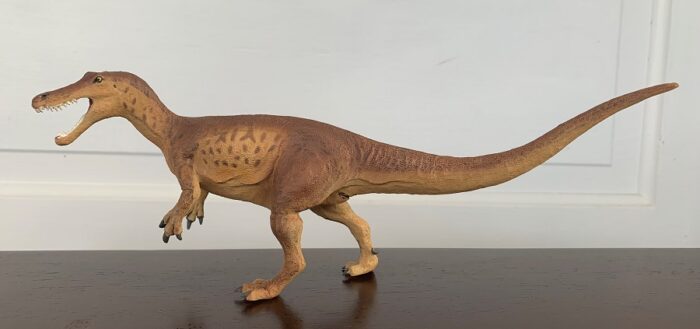
Before Spinosaurus was all the rage, and before we even had a good grasp of what Spinosauridae was as a family, Baryonyx was the bizarre piscivorous theropod that was capturing the public imagination. In much the same way modern companies try to keep up with new discoveries, Invicta Plastics was able to produce a Baryonyx in 1989, only 3 years after it was fromally described.
Read more
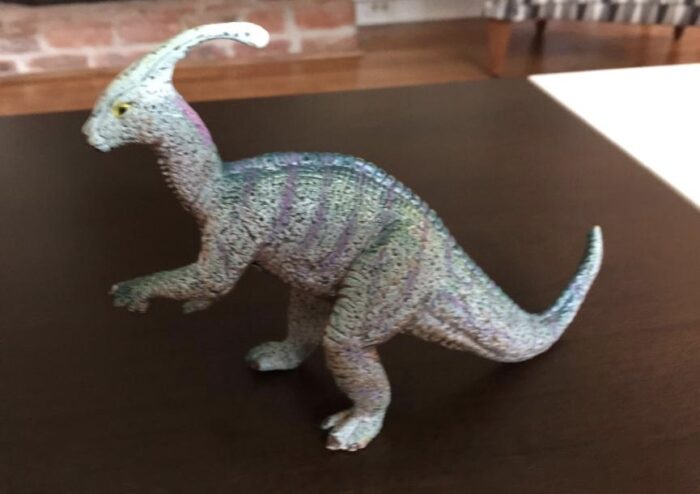
Review and photos by Strawberry Crocodile, edited by Suspsy
Hadrosaurs are often relegated to the role of “supporting cast” in dinosaur media. Despite their success as a group, they simply don’t grab people’s imaginations as much as deadly theropods, record-shattering sauropods, or the absolutely bizarre shapes their ornithischian cousins have taken.
Read more
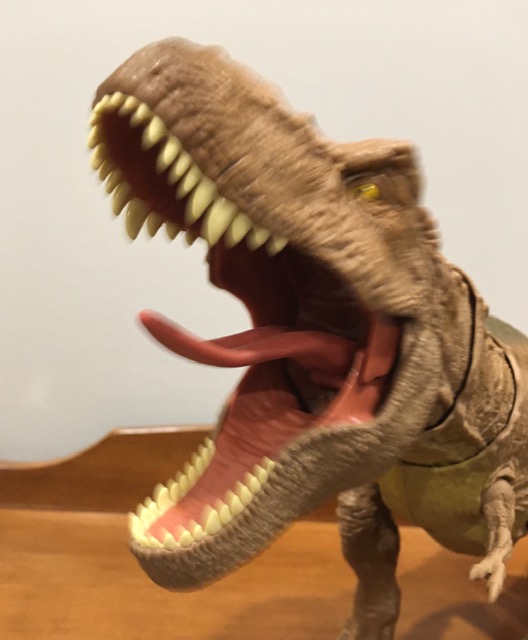
Back in 2018, I noted in the conclusion of my very first review of a Jurassic World toy by Mattel that they had managed to scoop up the ball and make a slam dunk after Hasbro fumbled badly. Nearly three years later, I’d say that assessment has been fully vindicated.
Read more
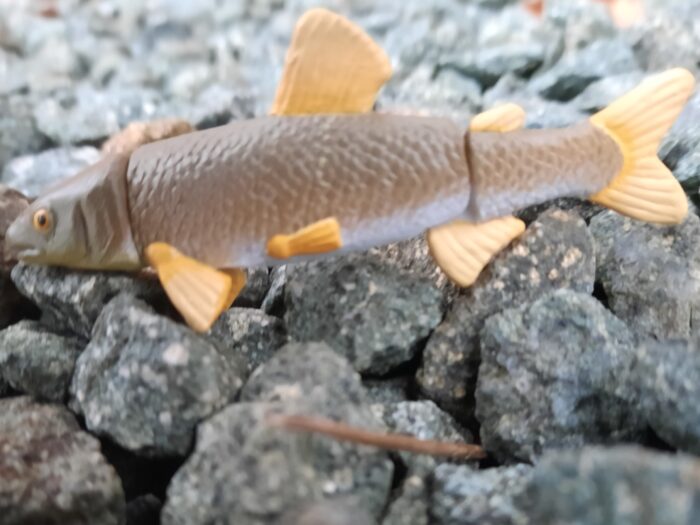
Across the globe, fish populations are under threat as a result of human expansion, altering the environment to suit us. From the Yangtze to the Atlantic, aquatic populations are struggling. This has led to many extinctions, such as the subject of this review: the New Zealand Grayling (Prototroctes oxyrhynchus).
Read more
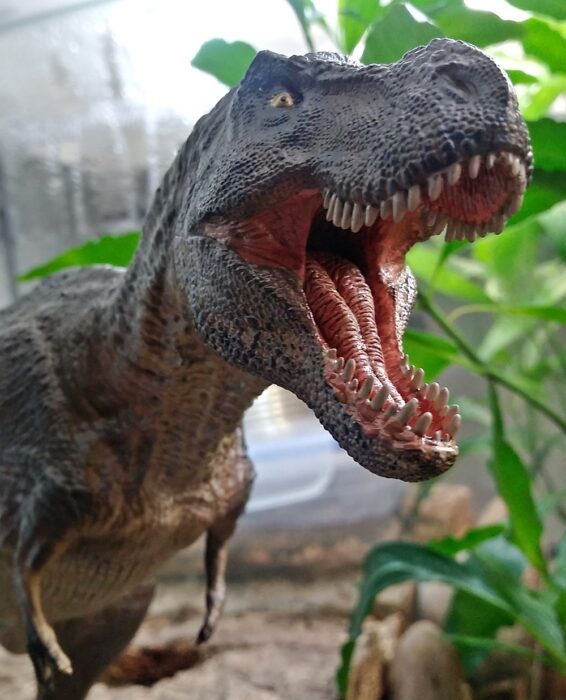
Okay, there we go, the 250th Tyrannosaurus review on the blog….. Nah, seriously, I made up that number, I could not stand counting them all, but the blog has 13 pages with each 15 entries that are dedicated to the Tyrant King alone or where it is a significant part.
Read more
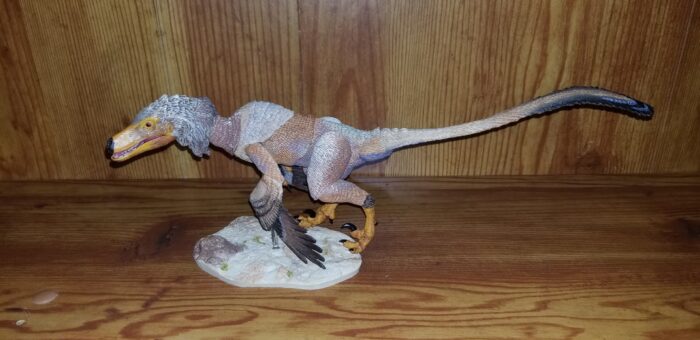
Review and photos by EmperorDinobot, edited by Suspsy
Hello, fellow dinosaur figure lovers! Today we get to celebrate our love for raptors and David Silva’s Beasts of the Mesozoic by Creative Beast Studios by taking a look at Tsaagan mangas, a close cousin to Velociraptor!
Read more
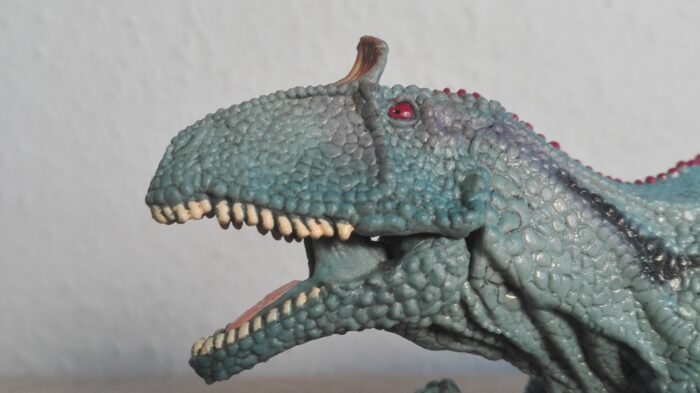
Review and photographs by Stolpergeist, edited by Suspsy
Schleich had a strong release year in 2019 and the upcoming 2021 releases look quite promising. The 2020 releases, however, received a lot of criticism among collectors and thus didn’t get much attention. Today, I am taking a closer look at one of those releases, the Cryolophosaurus, and will examine it to find out where this flak came from.
Read more
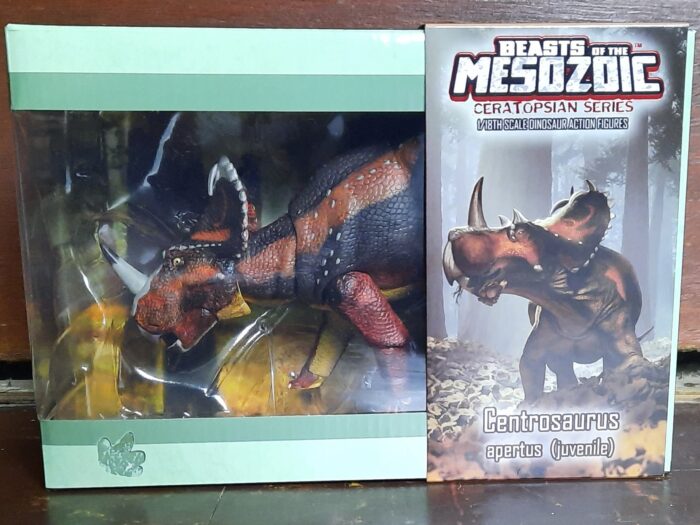
The release of the ceratopsian line by David Silva meant a chance to get animals that are rarely made by toy companies, at least under modern names and details. I was pleased with the number of rare or even unique species, most of all Centrosaurus, which I ended up getting from the kickstarter.
Read more
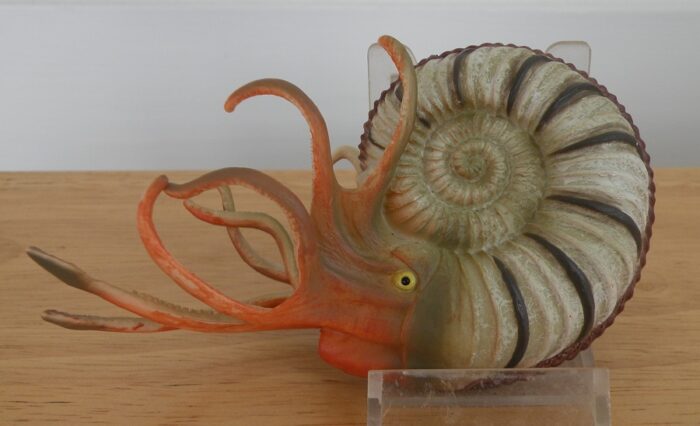
Alongside trilobites, ammonites are far and away the most popular group of prehistoric invertebrates. These shelled cephalopods belong to the broader Ammonoidea, which evolved over 400 million years ago during the Devonian. Keep in mind that not all ammonoids are ammonites and actual ammonites from the Ammonitida clade lived during the Jurassic and Cretaceous, a time during which they flourished.
Read more















